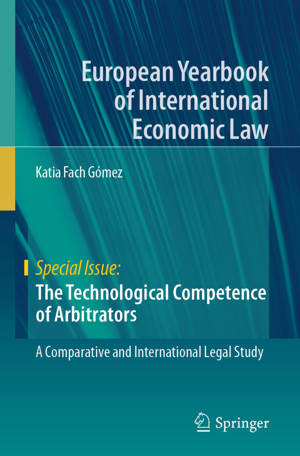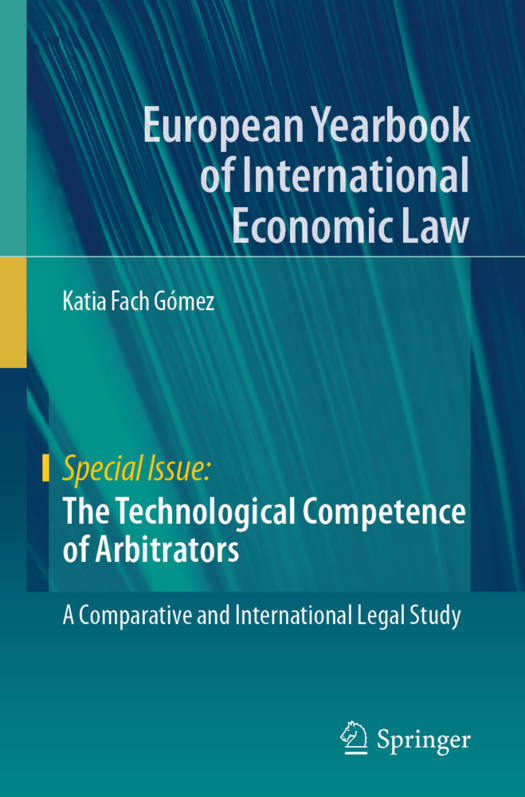
- Afhalen na 1 uur in een winkel met voorraad
- Gratis thuislevering in België vanaf € 30
- Ruim aanbod met 7 miljoen producten
- Afhalen na 1 uur in een winkel met voorraad
- Gratis thuislevering in België vanaf € 30
- Ruim aanbod met 7 miljoen producten
The Technological Competence of Arbitrators
A Comparative and International Legal Study
Katia Fach GómezOmschrijving
Arbitration is facing revolutionary changes due to new technologies' irruption into the entire arbitration proceeding. Wide-ranging technical-legal concepts such as e-discovery, e-hearing, cyber-security protocol, e-deliberations, algorithmic decision-making and digital signing have become part of life. Technology's impact on arbitration is unlikely to decrease after the COVID crisis; on the contrary, how the arbitration community positions itself vis-à-vis technology will be a key factor in determining arbitration's future. Faced with this challenging scenario, the book discusses a novel legal topic: arbitrators' relationship with this increasingly ubiquitous, rapidly-changing technology.
This innovative book applies journalism's "5 W questions" to the underexplored issue of arbitrators' digital competence. It reaches a workable definition of what digital competence in the current arbitration context is, also providing answers to the essential question of why arbitrators' digital competence is relevant from legal and financial points of view. Attention then shifts to who, with reflections on arbitrators working in a highly technological context and clarification of their relationship with other legal and non-legal actors. The book equally offers an in-depth comparative study of the question of where arbitrators' technological competence is regulated, with critical analysis of soft and hard law provisions that may impose a digital competence duty. Finally, the book specifies when arbitrators need to be digitally competent and develops legal proposals regarding key procedural stages (initial conference, hearings) and legal topics (cybersecurity, data protection). The first study to scrutinise the rapidly changing relationship between arbitrators and technology, the book aims to spark a crucial debate among practitioners and scholars. Academically rigorous and using the latest legal material, it emphasises arbitrators' needs, rights and duties in our technological age, presenting them alongside carefully selected practical topics. The unprecedented and well-grounded proposals for arbitrators' digital competence are intended to be a call to action for its broad target audience.Specificaties
Betrokkenen
- Auteur(s):
- Uitgeverij:
Inhoud
- Aantal bladzijden:
- 172
- Taal:
- Engels
- Reeks:
Eigenschappen
- Productcode (EAN):
- 9783031116834
- Verschijningsdatum:
- 26/11/2024
- Uitvoering:
- Paperback
- Formaat:
- Trade paperback (VS)
- Afmetingen:
- 155 mm x 235 mm
- Gewicht:
- 295 g

Alleen bij Standaard Boekhandel
Beoordelingen
We publiceren alleen reviews die voldoen aan de voorwaarden voor reviews. Bekijk onze voorwaarden voor reviews.







